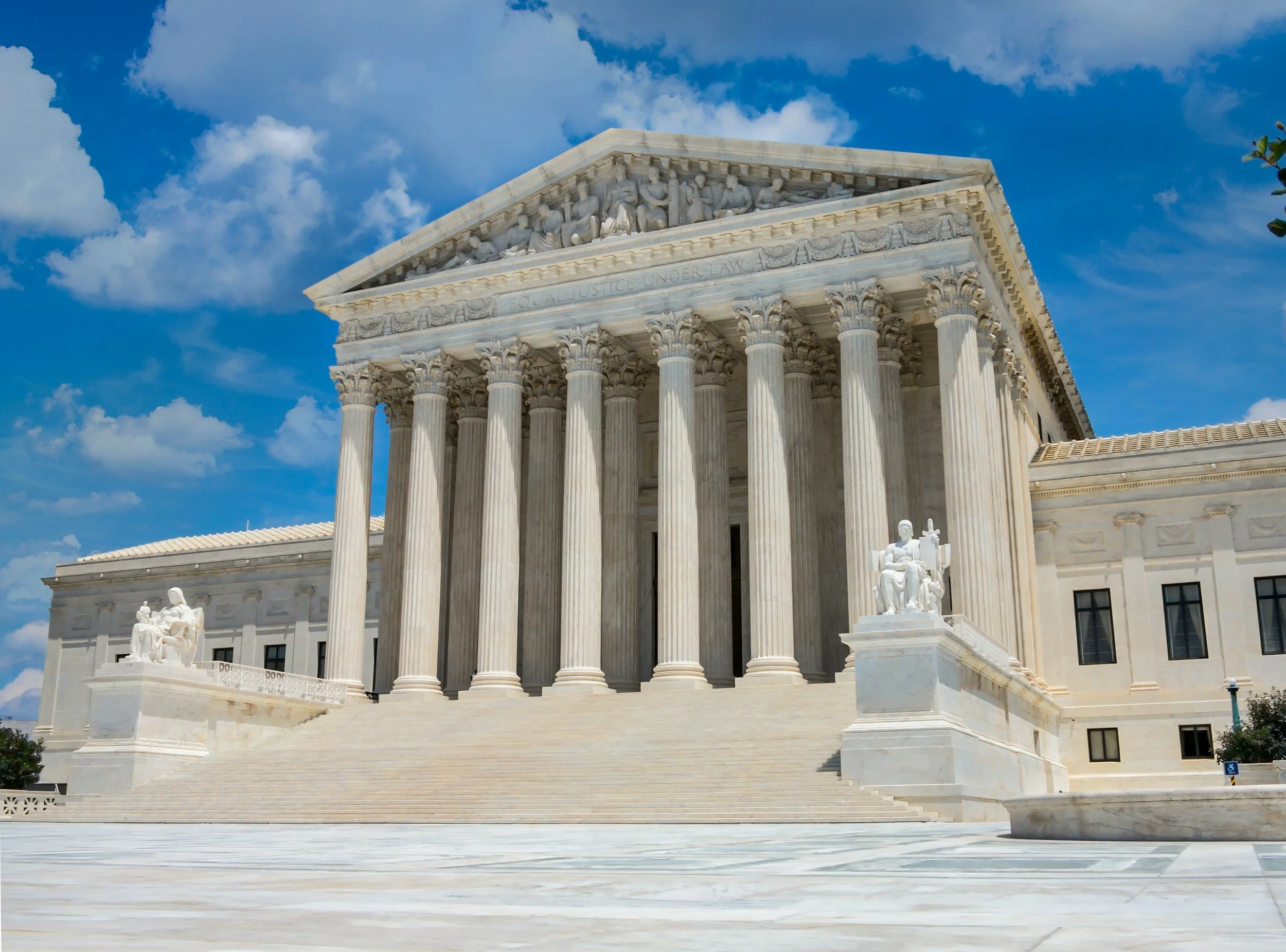By: Vivek Mishra
This article originally appeared in India Today on November 23, 2024.
Gautam Adani, a prominent Indian billionaire with vast business interests worldwide, faces allegations of financial misconduct and regulatory violations in the United States. While the indictment of Gautam Adani in a US federal court may have been an independent judicial decision in its own right, it also presents an opportunity to look at the ongoing politicisation of the judiciary in the US. A growing partisan battle within the American judicial system could intersect with US relations abroad. Many in the US feel that the judiciary has never been as divided and partisan as it is now.
A few days ago, Donald Trump expressed concern that the Democrats might be rushing to fill judicial positions before he is inducted as the 47th president in January, in an effort to control at least one branch of the trifecta in the US political system. Trump called for a halt to confirming President Joe Biden’s nominees to the federal judiciary until he assumes office. Republicans claim that Democratic administrations weaponise the judiciary to target political opponents and their affiliates, citing the numerous legal battles faced by Donald Trump and his associates.
JUDICIAL APPOINTMENTS TUSSLE
The US judiciary has long been seen as an independent arbiter of justice, but its increasing politicisation has eroded this perception. Under President Joe Biden, 221 federal judges have been confirmed — a significant achievement, though still short of the 234 judicial confirmations made during Trump’s first term. To expedite the process, Democrats recently struck a deal with Republicans to prioritise certain judicial nominations while shelving votes on four of Biden’s appellate court nominees. This compromise underscores the politically nuanced nature of judicial appointments and their role in shaping US policies for decades to come.
For Republicans, judicial appointments have been a cornerstone of their strategy to counter what they perceive as left-leaning judicial overreach. During his last presidency, Donald Trump reshaped the judiciary with over 200 federal judge appointments, including three Supreme Court justices, consolidating a conservative majority. As Trump prepares for a second term, his administration is expected to double down on this approach, focusing on appointing younger, ideologically aligned judges to ensure long-term influence — something the Biden administration also appears to be rushing to achieve.
Central to Trump’s judicial reform agenda is Pam Bondi, his nominee for Attorney General. Bondi, a former Florida Attorney General and loyal Trump ally, has vowed to “restore balance” to the judiciary by addressing what Republicans view as systemic biases. Known for her staunch defence of Trump’s policies, Bondi has signalled a commitment to reshaping the judiciary by prioritising conservative appointments.
Bondi’s nomination follows the contentious withdrawal of Matt Gaetz, whose candidacy was derailed by allegations of sexual misconduct. This episode highlights the intense scrutiny and partisan divisions surrounding key judicial and executive appointments. Bondi’s confirmation, if successful, would mark a significant step in Trump’s efforts to reshape the judiciary and counteract what Republicans see as Democratic dominance in lower courts.
US laws empower attorneys to investigate external actors if their actions affect American legal frameworks. However, internal politicisation may have undercut the seriousness of these efforts. The indictment of Gautam Adani comes on the heels of other high-profile cases involving Indian figures, such as the Pannun case, further complicating US-India ties.
For Indian businesses, these developments are a stark reminder of the risks associated with operating in politically charged environments. While the US remains a key market, the perception of judicial bias could deter future investments and strain economic ties between the two nations. At a time when India is positioning itself as a global economic leader, such incidents risk undermining its efforts to foster stronger international stakes.
A DIVIDED HOUSE
The US judiciary’s internal divisions are emblematic of a broader partisan battle that shows no signs of abating. While Democrats argue that judicial accountability is essential, Republicans contend that these efforts often amount to political witch hunts. The numerous legal cases involving Donald Trump during Biden’s presidency have only deepened this divide, with Republicans accusing Democrats of weaponising the judiciary to undermine their political opponents. Hunter Biden’s conviction became a rare victory for the GOP in a Democratic presidency.
The recent deal between Democrats and Republicans to expedite judicial confirmations highlights the high stakes involved in shaping the judiciary. For Biden, securing a legacy of judicial appointments is critical, especially as Trump’s first term established a conservative majority that continues to influence key decisions. This tug-of-war over judicial appointments has profound implications not only for domestic policy, but also for how the US is perceived internationally.
As Donald Trump prepares to return to the White House, his administration’s judicial strategy is likely to prioritise consolidating Republican influence. With figures like Pam Bondi at the helm, Trump’s second term could see a renewed focus on reshaping the judiciary to align with conservative principles.
As the US judiciary continues to grapple with its internal divisions, the fallout from such cases will likely influence not only US-India relations but also the broader dynamics of international investment and diplomacy. For India, the Adani case underscores the importance of diversifying investment strategies and safeguarding economic interests in an increasingly complex global landscape.
For foreign investors, the perception of bias and politicisation in the US judicial system could deter engagement, complicating bilateral and multilateral economic ties. At the very fundamental level, even as Indian investments have picked up, indictments abroad could impact the larger business and investor sentiments in both India and recipient countries. For India, navigating this landscape requires a nuanced understanding of the US’s domestic political dynamics and the functioning of the three legs of its political system.
Vivek Mishra is a Visiting Fellow at ORF America.

